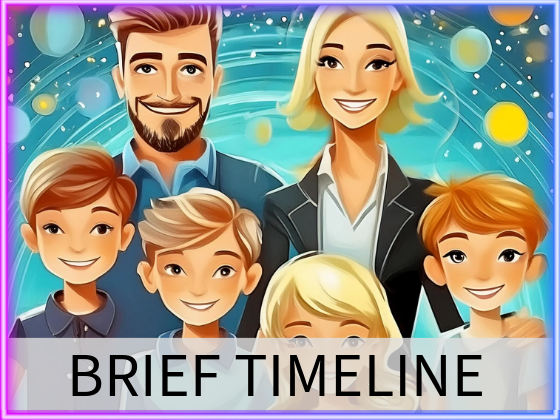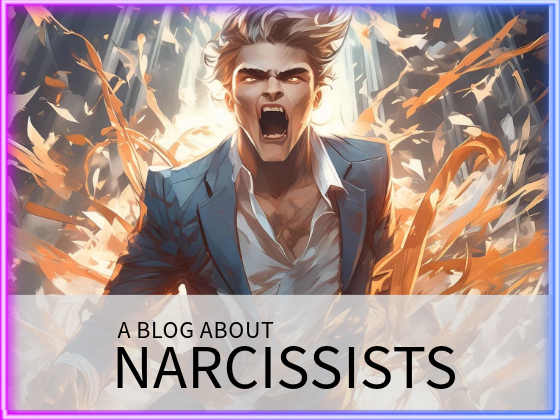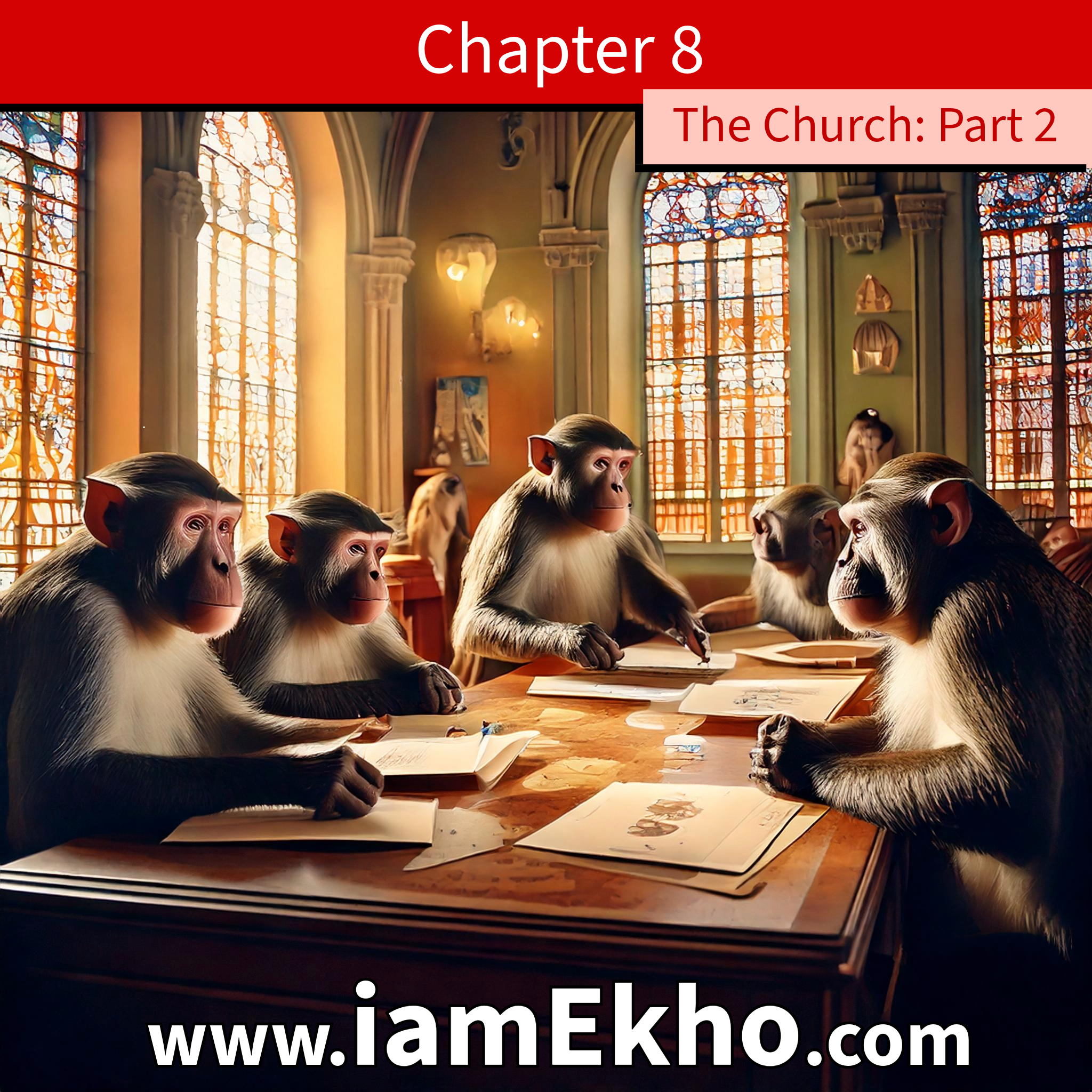.....Part 3
The following week, I decided to attend church in person. It was the week before the annual meeting, and as the chair of one of the church’s committees, I was expected to deliver my year-end report. The previous year, the annual meeting took place just a month after my narcissist had assaulted me and Prissy and her group had launched their smear campaign.
I was so distraught that I deliberately scheduled my kids’ annual Christmas party for the same day to have an excuse to avoid attending in person. Instead, I delivered my report remotely. Later, I learned that Prissy had texted my narcissist to inform him I was attending virtually, ensuring he didn’t log on since I had a temporary Protection From Abuse (PFA) order against him.
This year, I resolved to attend in person.
Upon arriving, I was met with a mix of warm hugs and side-eye glances. Many of the people I care deeply about greeted me enthusiastically, expressing their joy at my return. Others were noticeably standoffish, which I later discovered was due to the false stories my narcissist had spread about me. As for Prissy, her spouse, and my narcissist, they stayed hidden in a back room, avoiding the main sanctuary entirely. Their closest allies, Amara and Jasper, entered but remained cold and distant, purposefully avoiding me during the passing of the peace. During the social hour, however, I reconnected with other congregants and had some meaningful conversations, which made the overall experience as positive as I could have hoped.
The following week brought the annual meeting.
Again, I attended, determined to face whatever challenges arose. Prissy, who usually presented the children’s program year-end report, remained in the back of the church and had Jasper deliver it instead. When it came time to vote on new board members, my narcissist—whose nomination had been rejected due to his history of abuse—and Prissy’s spouse sat in the back, visibly upset. After abstaining from the vote, they both stormed out of the church. To my knowledge, neither has returned since.
The meeting itself wasn’t without drama. During my report, Fanny, still bitter about her proposal to put my abuser on the board being shot down in a 2-1 vote, made several rude and inappropriate comments. Her behavior didn’t surprise anyone, as she was widely known in the community as rude, vindictive, and gossipy. Many people tolerated her antics because of her status as a significant donor. She interrupted me at one point, unprovoked, and even made a bizarre statement about how her husband—known for violent outbursts—was “sitting at home mad at the church.” My partner, attending for the first time, was appalled by her behavior and later asked if this was typical for the group. I felt deeply embarrassed, worried that he might judge me for associating with such dysfunctional people.
This wasn’t my partner’s first encounter with Fanny.
During our initial meeting with her, she and her husband spent an hour bragging about how much they’d helped someone in the community, going into excruciating detail about the financials of the person involved. Both my partner and I firmly believe that those who loudly proclaim their good deeds are often the least charitable. Truly kind and successful people tend to act with humility. The more someone talks, the less they typically do.
Despite the drama, I left the church that day feeling cautiously optimistic.
With a new president and a refreshed board, I hoped for a brighter future. However, I underestimated the lengths to which a narcissist will go to create chaos.
A week later, Prissy resigned from her role as the leader of the church’s children’s program. In her resignation letter, which was emailed to the entire congregation—including me—she claimed that the church was no longer safe for her and her family. When asked to elaborate, she defamed me further. I have since obtained texts she sent to others in the church and community and plan to address them in a future article once ongoing lawsuits are resolved.
It’s astonishing that a church would allow such blatant revictimization.
Many have told me I’m naive to expect any church, even a progressive one, to protect domestic violence victims when there’s a power imbalance between the abuser (a former president of the church) and the victim (a nobody in the congregation). While I still hold out hope that organizations can do the right thing, my faith in people’s willingness to act ethically has diminished over time. Instead, I’ve come to see that most prioritize what is easy, self-serving, or aligns with their personal biases. Unfortunately, narcissists often thrive in such environments because of their charm and manipulative tactics. Churches often serve as locations that narcissists gravitate to, and they willingly or even unwillingly enable narcissistic abuse…sigh.
























